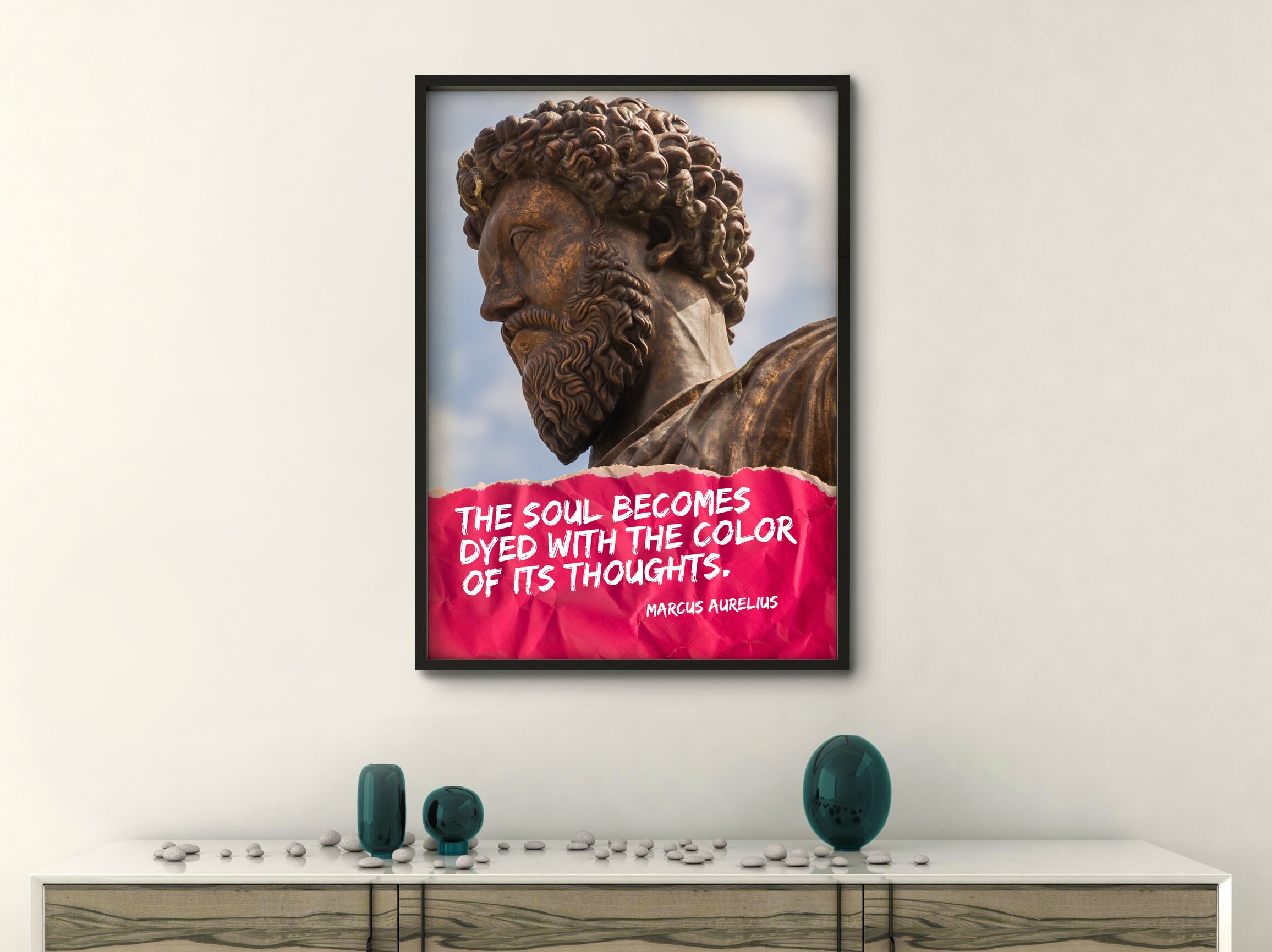

It’s important to remember that all people share in a divinely given, rational nature (the logos) and to refrain from getting angry at others. In Book 2, Marcus reflects on the difficulties of dealing with unpleasant people. In Book 1, Marcus Aurelius expresses his thanks to various influences in his life, like his family, his predecessor and adoptive father Antoninus Pius, and even the gods for imparting virtuous lessons and setting him on the path of philosophy. Users should refer to the original published version of the material for the full abstract.As a collection of Marcus Aurelius’s philosophical reflections, Meditations doesn’t have a coherent plot structure, but each of its 12 books focuses on several recurrent themes-living a philosophical life, social relationships, nature and the gods, and mortality. No warranty is given about the accuracy of the copy. However, users may print, download, or email articles for individual use.

This paper is a study of Meditations, and its main purpose is to elucidate how the stoic way of life is incorporated in the figure of the philosopher emperor this, as a military function, as he was a commander of the Roman army in the war against the Nordics, where political virtue was tested. The text consists of a series of spiritual exercises which reaffirm the indifference to pleasures, contempt for fame, detachment from riches and abnegation for political power. It is in the practice of the ethical precepts of stoicism that he finds his refuge. Meditations presents thoughts of a stoicism devotee, which reflects in moments of intimacy on the challenges that he faced throughout his life as an emperor. The success of his administration may be attributed to his philosopher personality and, more than that, to his stoic character. to 180 A.D., and he ranks among the most successful emperors of the antonine dynasty.

Abstract: Marcus Aurelius reigned from 161 A.D.


 0 kommentar(er)
0 kommentar(er)
